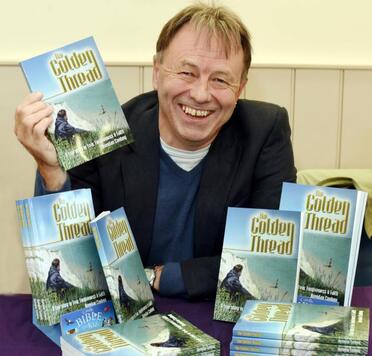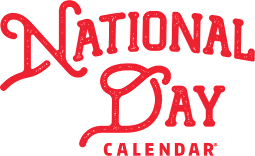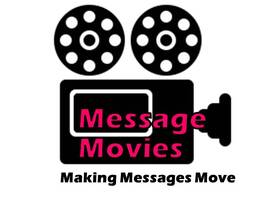0 Comments
I had fully intended to write this blog a few days ago, but one of the things that I have learnt about time management is that, even the best laid plans, with great intentions, can be subject to change. You could say that, the creative brain has a mind all of its own. It’s not always that easy to turn to a creative task and expect to create a master piece. It’s usually not until we are doing something mundane that the creative brain will switch on. I am often in the shower when a great idea pops into my head or just dosing off to sleep when suddenly - hey presto – where did that thought come from. I have learnt to write down the craziest of ideas. Not all of the ideas go anywhere, but at least by writing them down they have had a chance. Sometimes I may share my crazy thoughts with wise friends and they may encourage or discourage, either way I am grateful for their wise counsel.
Unless we take the time to relax, we could miss the fantastic ideas and discoveries that are destined for us to find. So perhaps the most important thing about time management is to allow time for yourself.
In my Youth Work career, my work hours have been all over the place and without some form of protection, work can become all consuming (work-a-holic). Following a state where I came close to burn out I discovered the 21:7 principle. This is so simple, but it works! There are 7 days in the week and each day can be split into 3 (morning, afternoon, evening). 3 x 7 = 21 periods in the week. The 21:7 principle says that at least 7 of those periods each week should be “me time." Give this a go and I will guarantee that the quality of your work will improve. Likewise, take a lunch break, get out of the office, have a breath of fresh air, refocus. There is now plenty of evidence to indicate that performance can drop without a proper lunch break. So I now take a lunch break and guess what else can happen. That’s right, your creative brain switches on again, just as you start to relax. So the key to good time management and creativity is to allow yourself space and time. Never overload the diary, for to do that is just ploughing on, blinkered and oblivious to the creative opportunities. It’s not rocket science, though it does take a certain discipline, which I am still learning.  Is there a fine line between Business and Ministry or is it definitive? I am a Christian and have been for over 30 years. A few decades ago I felt that I was led, in fact I would say that, ‘God called me,’ into Youth Work. After time, I began to realise that this is my MINISTRY and as with any ministry, I saw the fruits of my labour. Six years ago I had to give up Youth Work and my position as CEO for an amazing charity, due to health issues. That is when I started writing and making films. God was leading me down a new road.
I have tried to be business-like in all that I do, planning projects and workload, setting deadlines and targets, but it is other people that now refer to what I do as MY MINISTRY. How did that happen? How did I move from business to ministry?
As a businessman though, the income from the sale of my books, helps to support my business and my ministry. I feel that my books are really written by God and that I am just the conduit. It would greatly bless me and I am certain that it would bless you also, if you were able to support me and my MINISTRY by buying some of my books. They are available worldwide, mainly from Amazon.
|
AuthorGood communication inspires hope... Archives
March 2022
Categories |









 RSS Feed
RSS Feed
